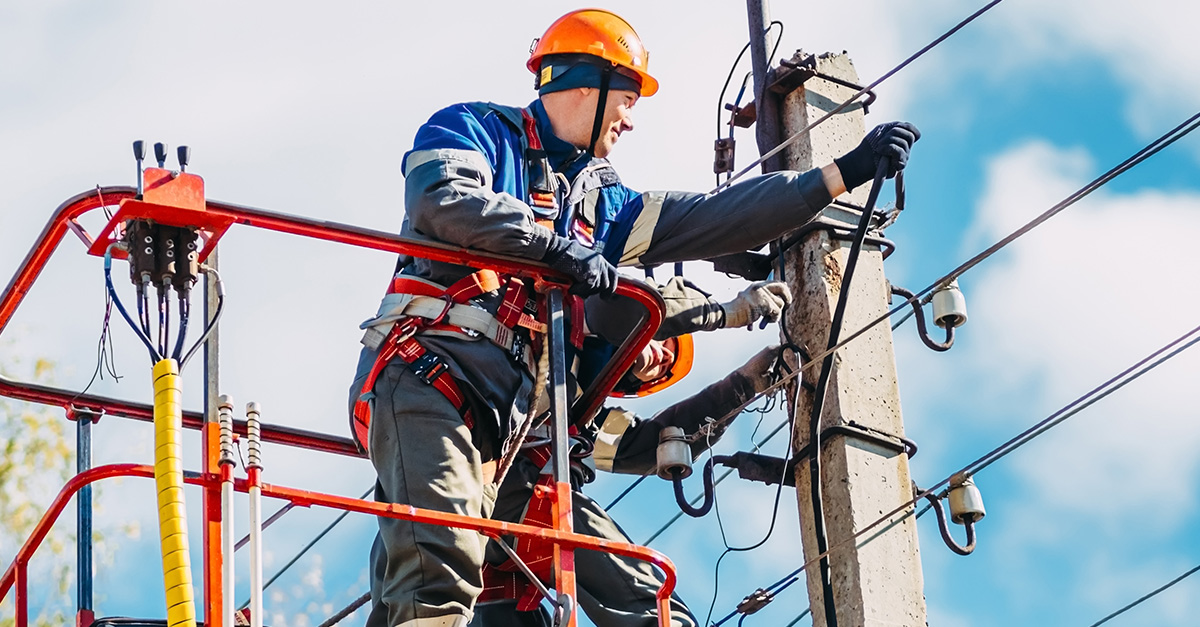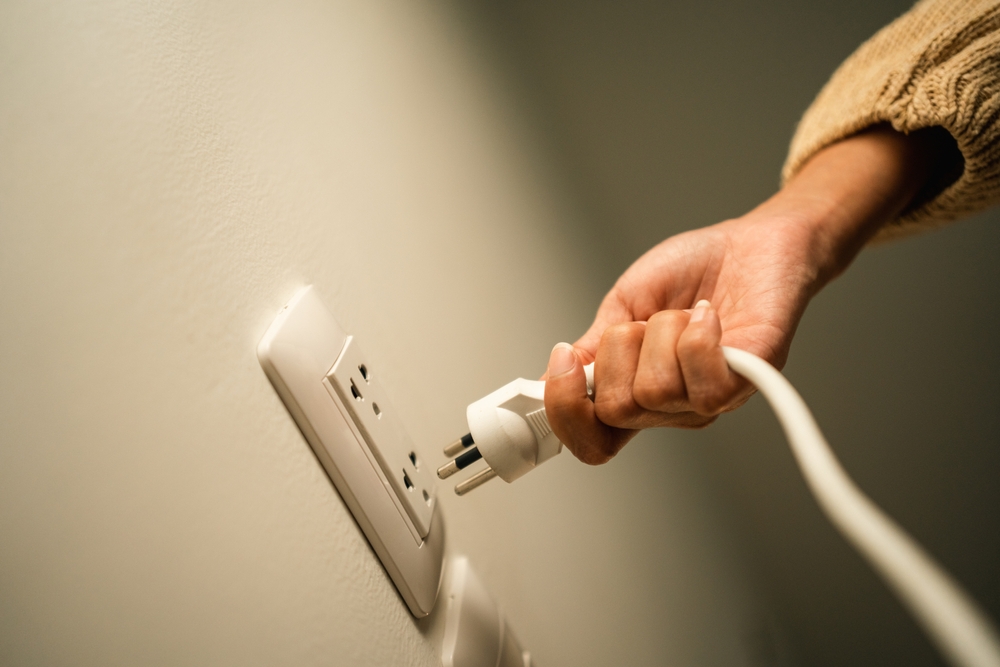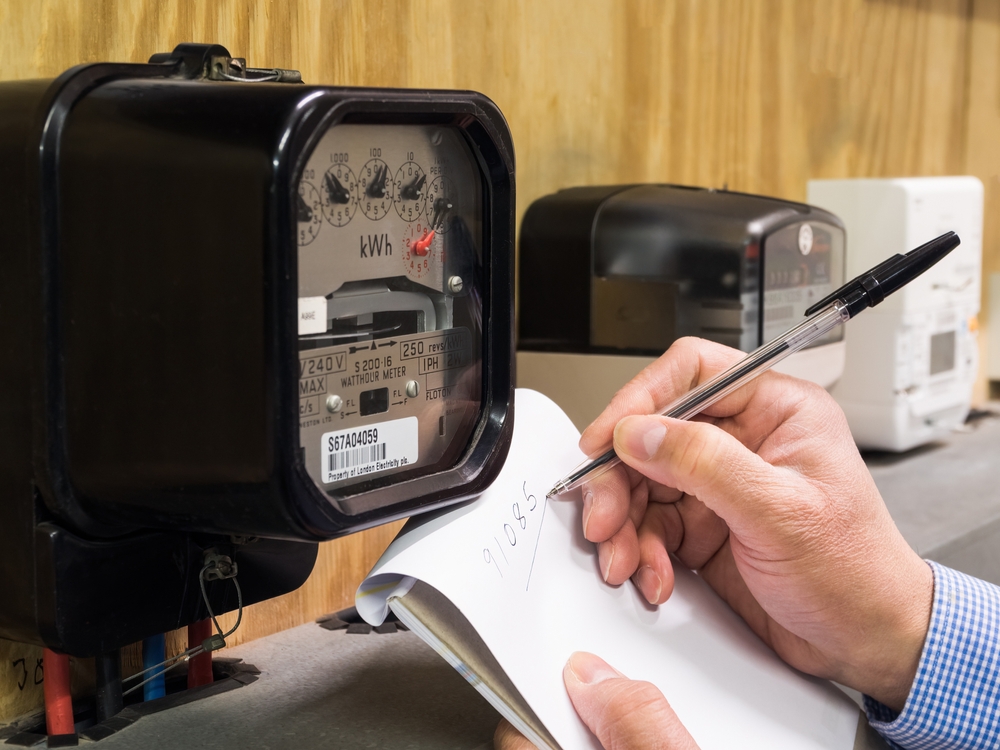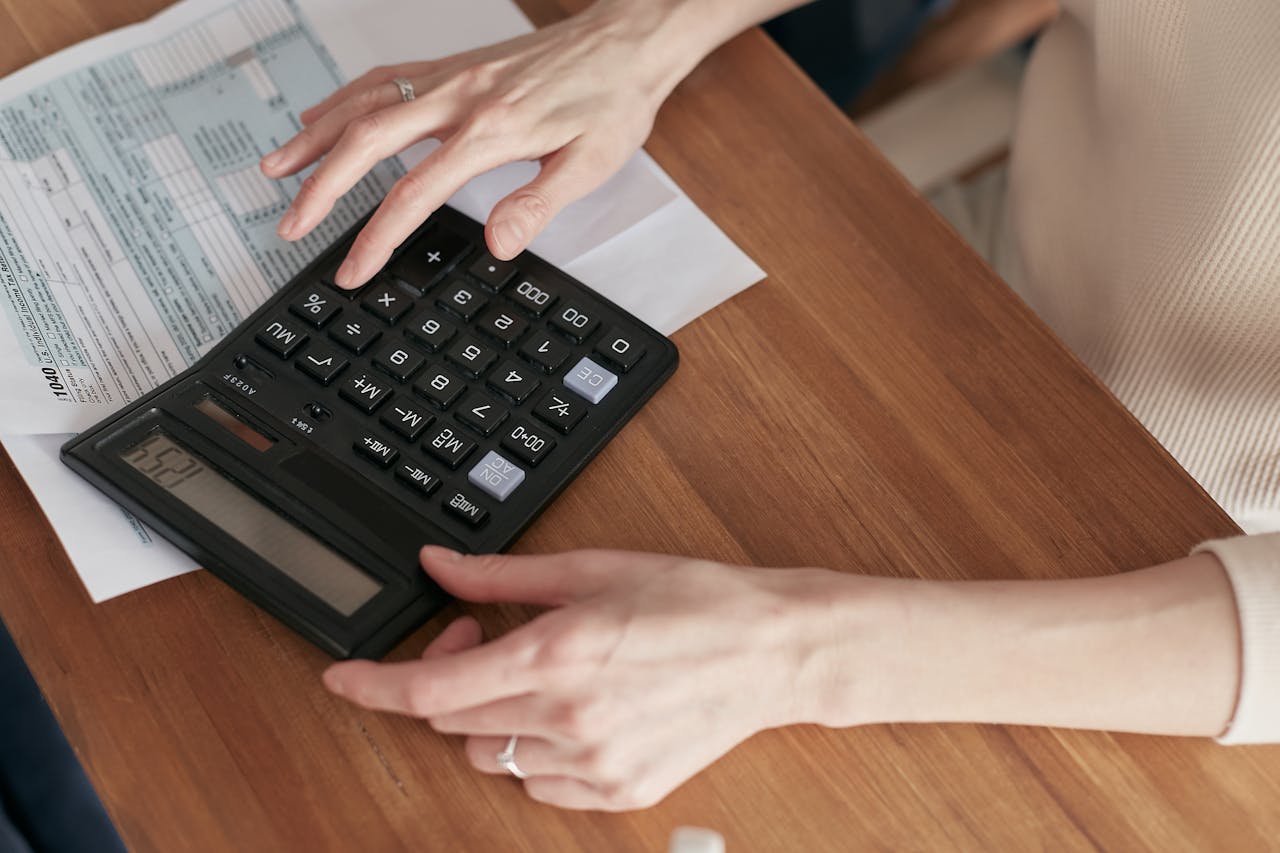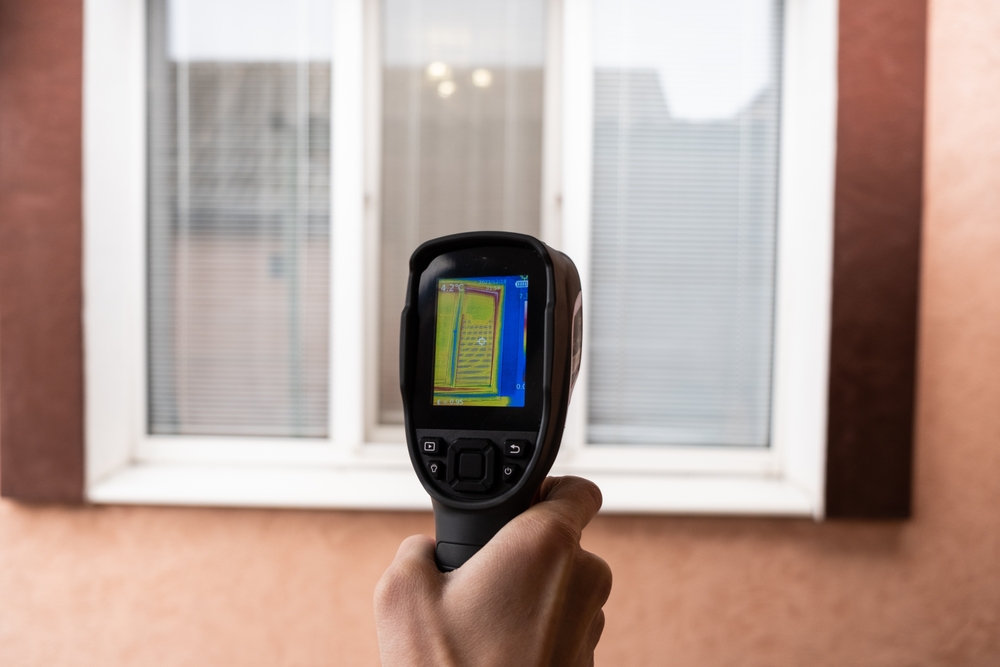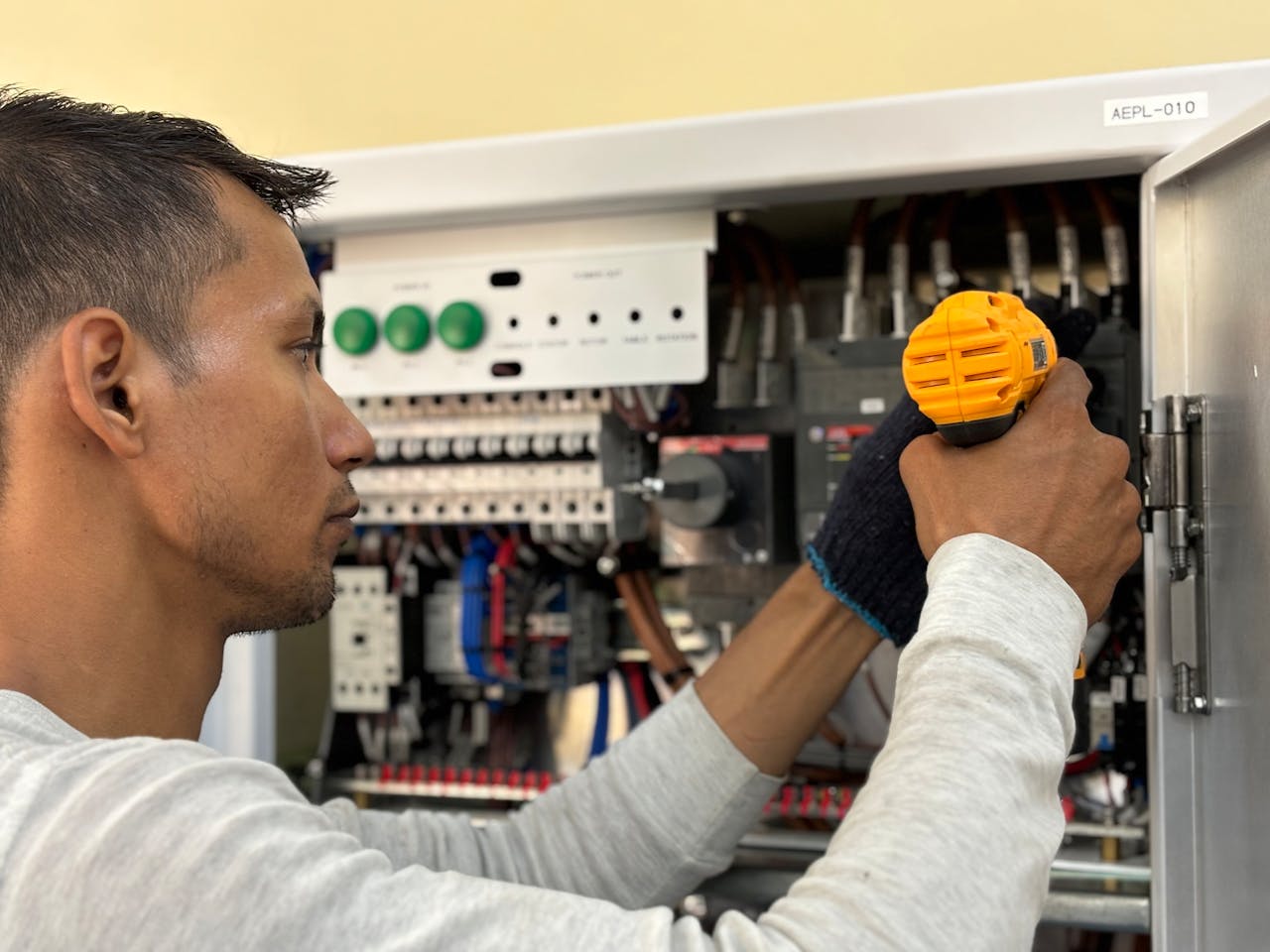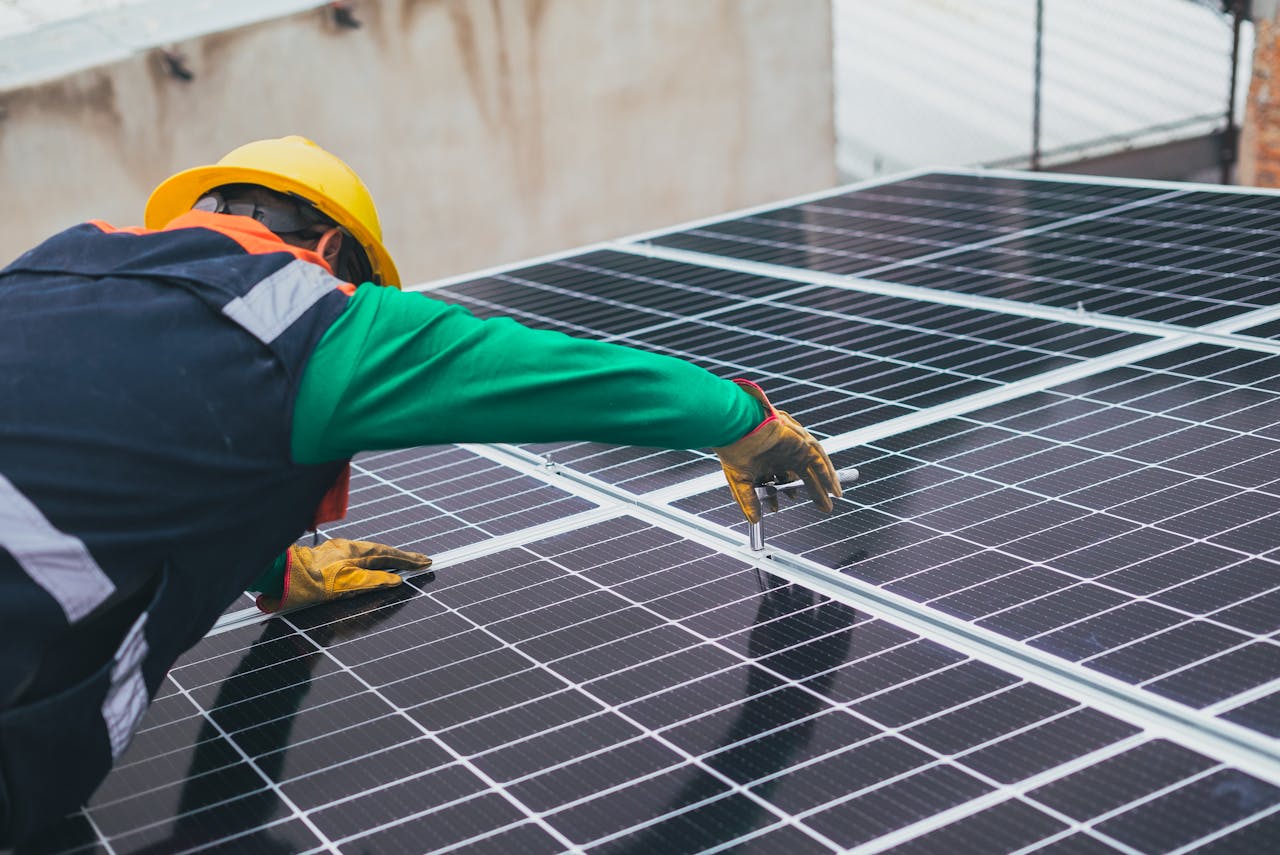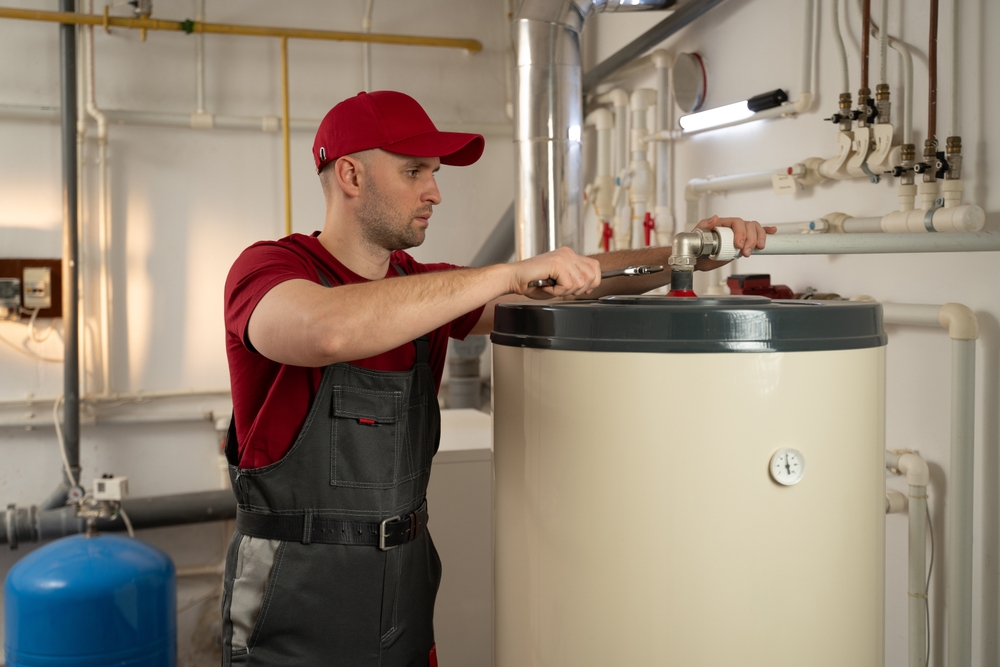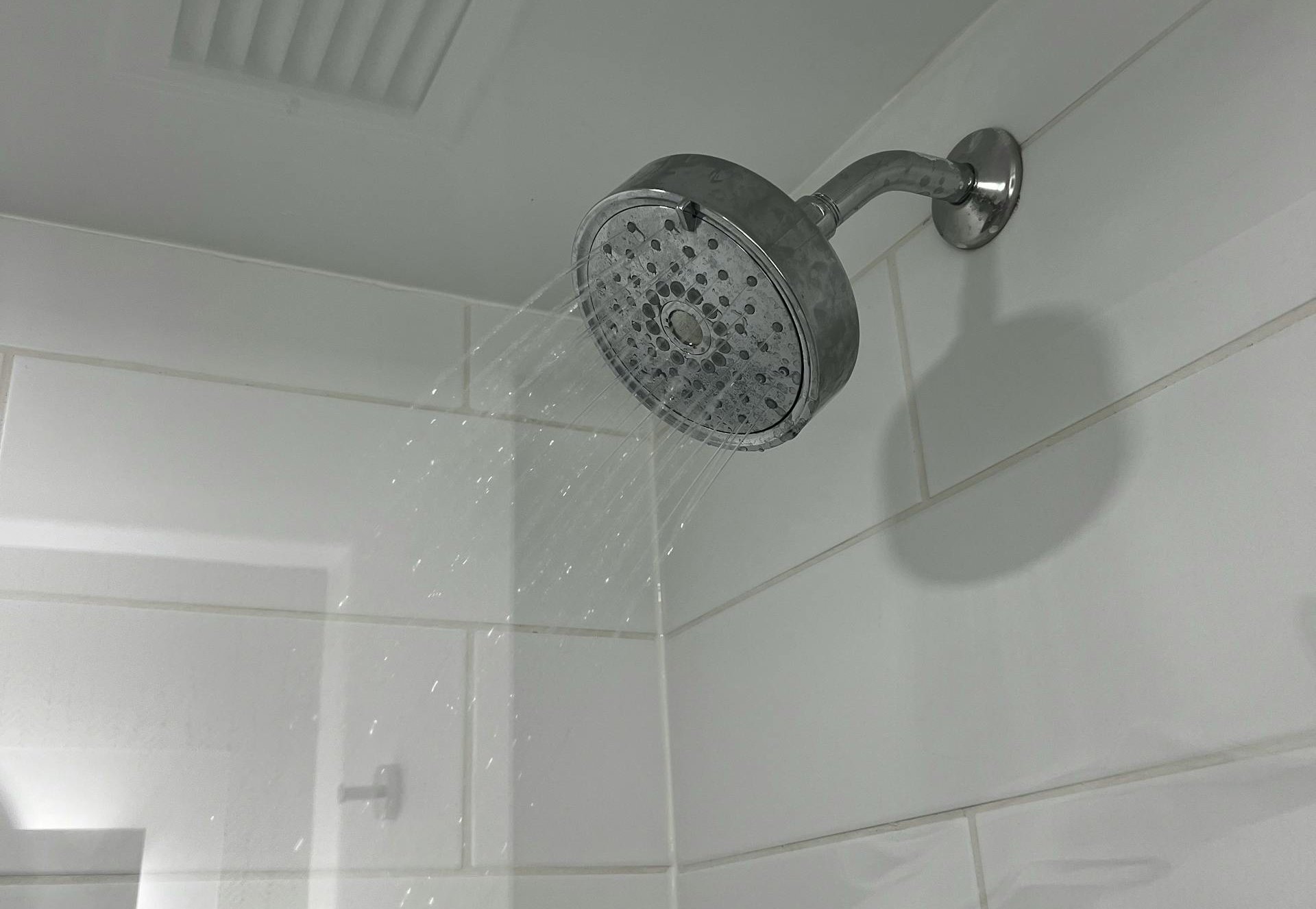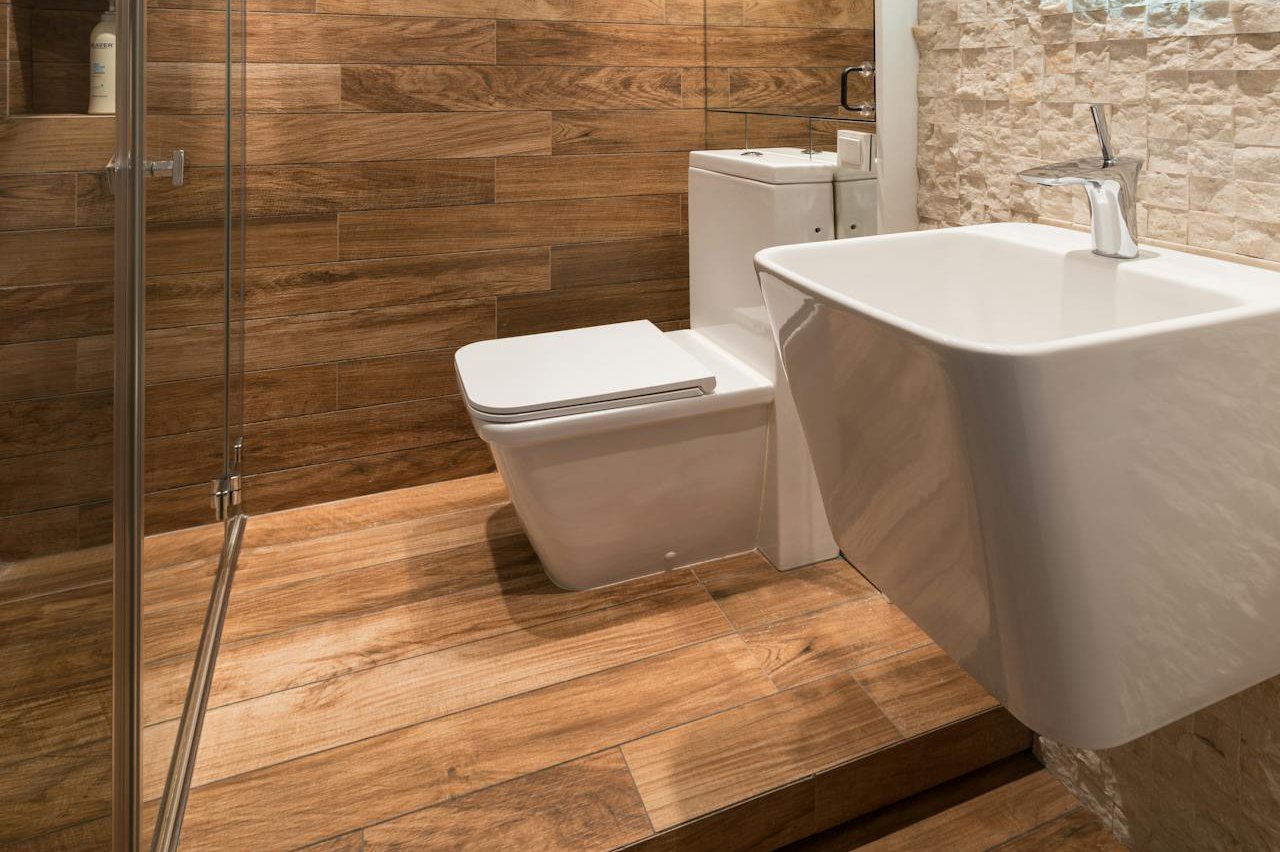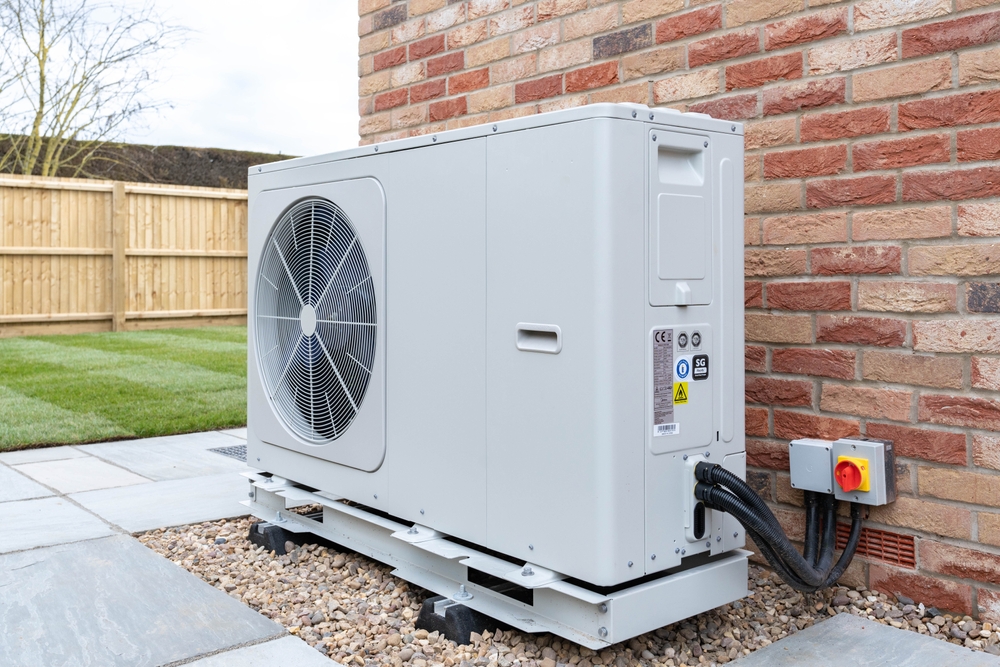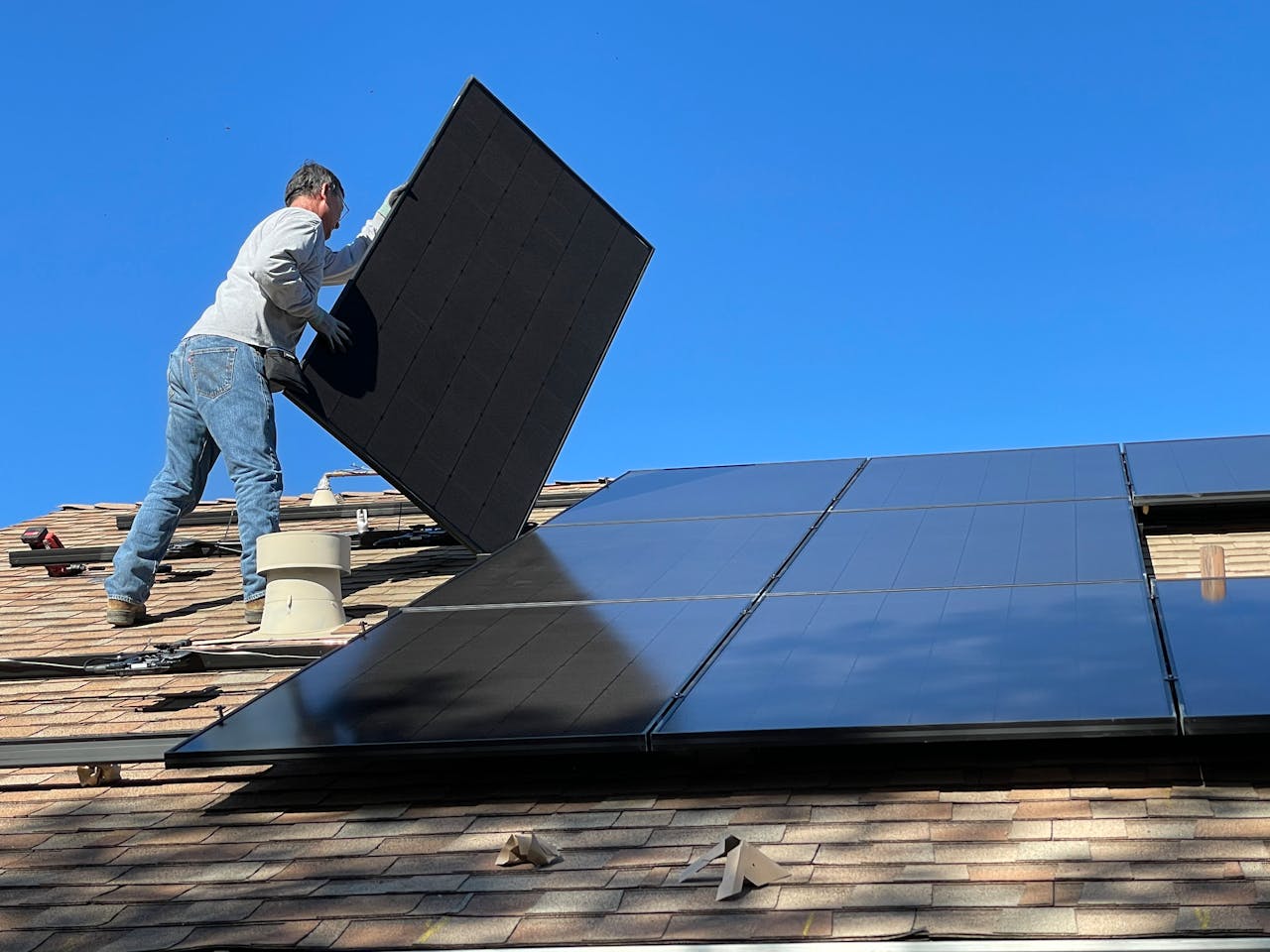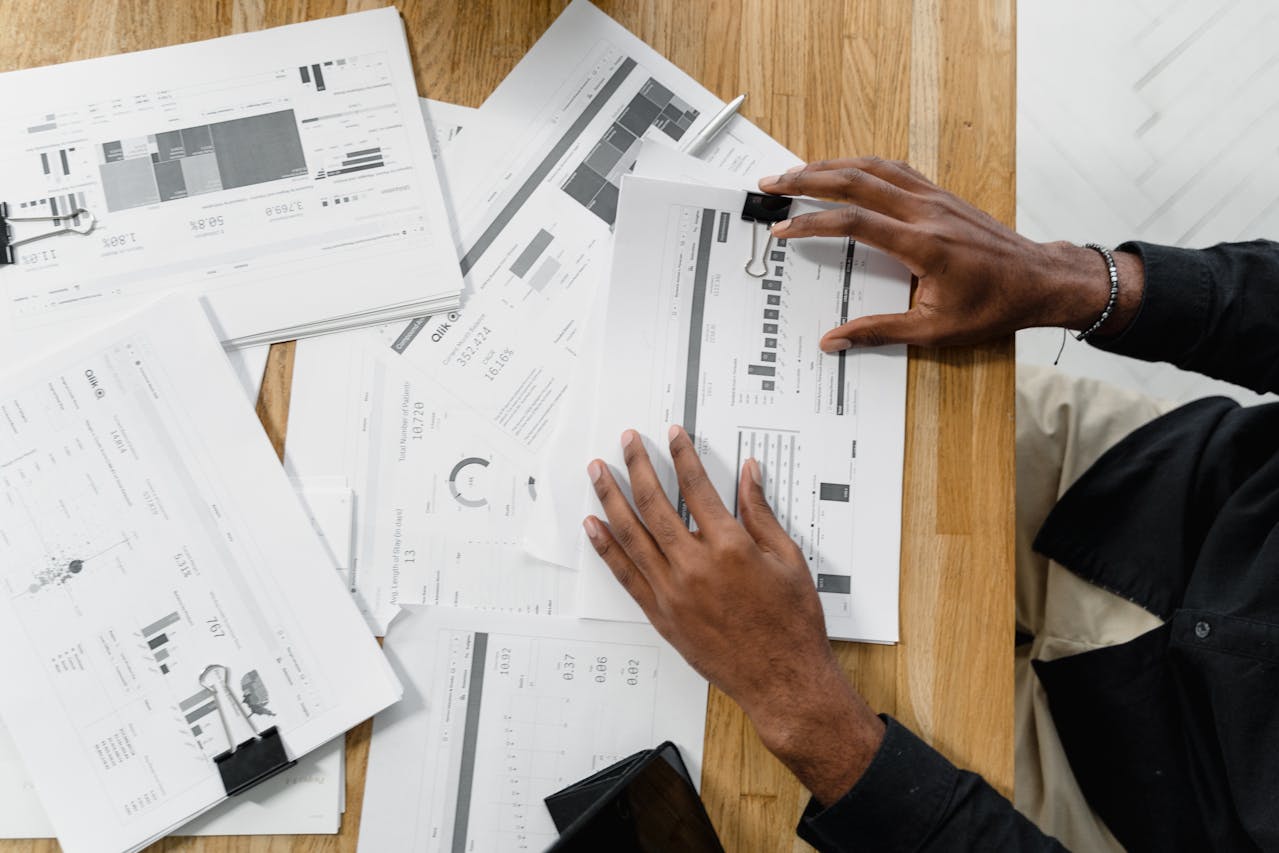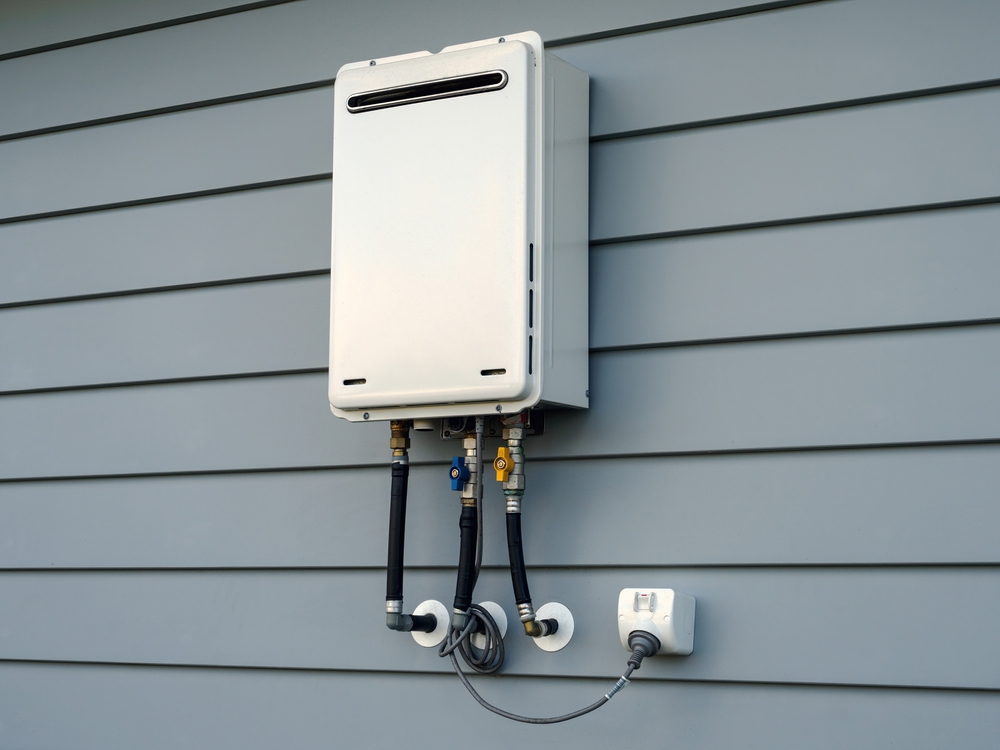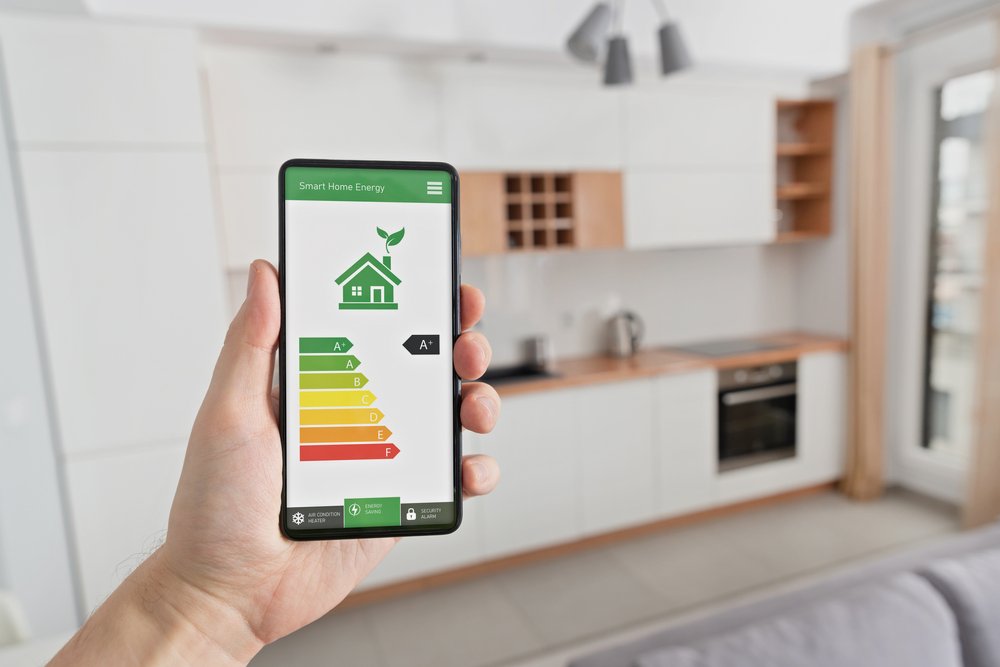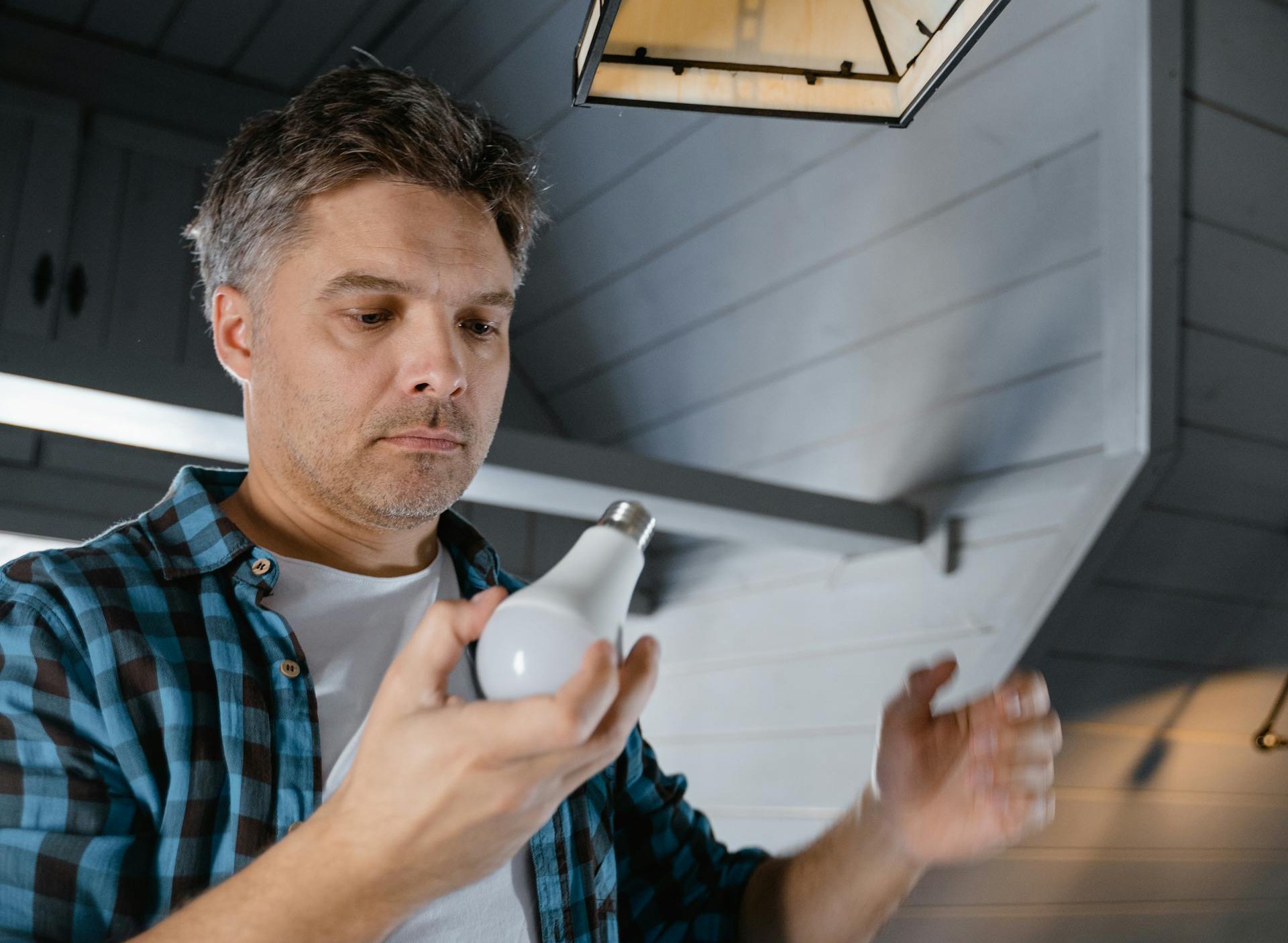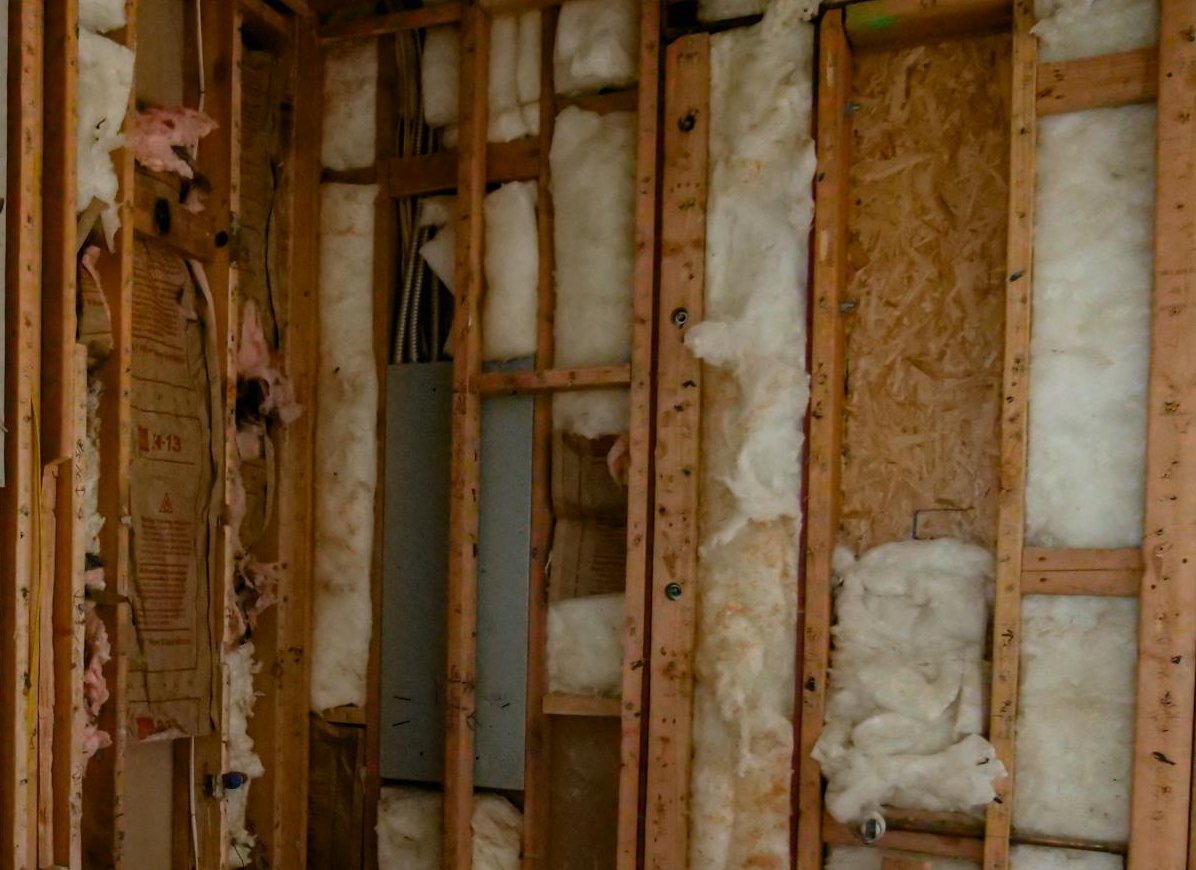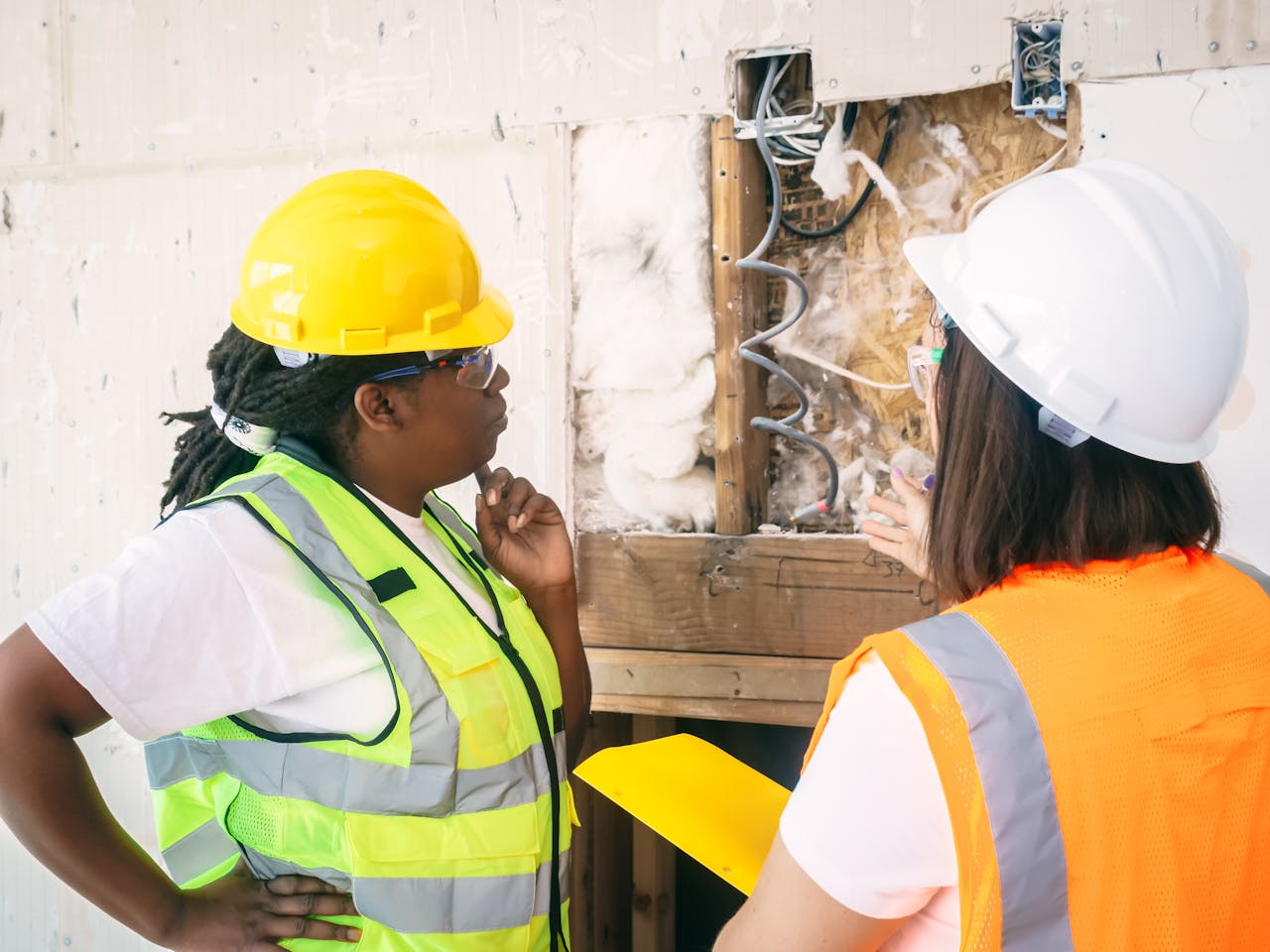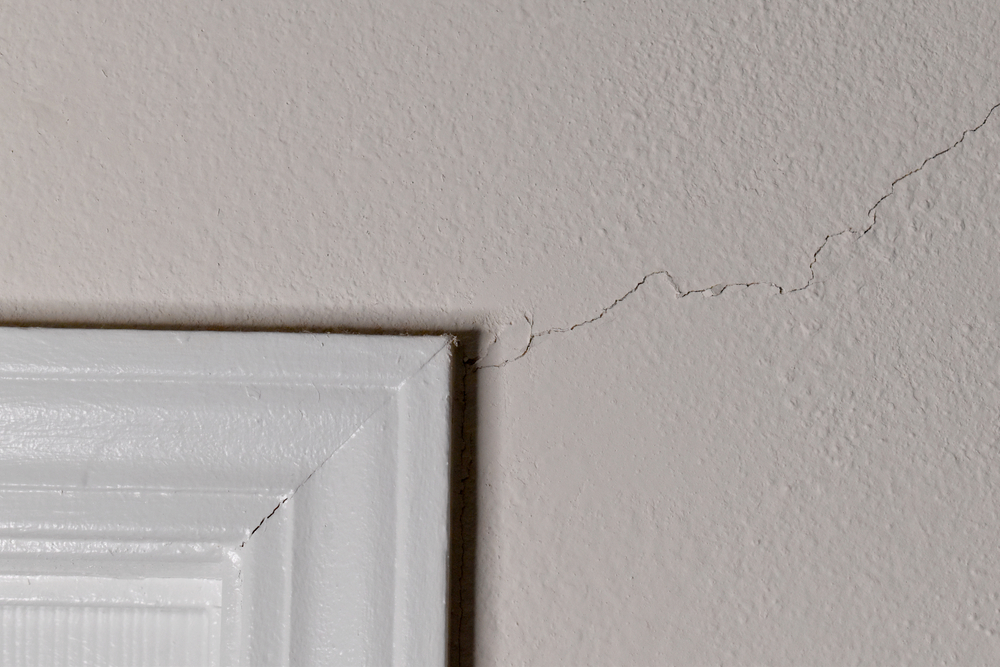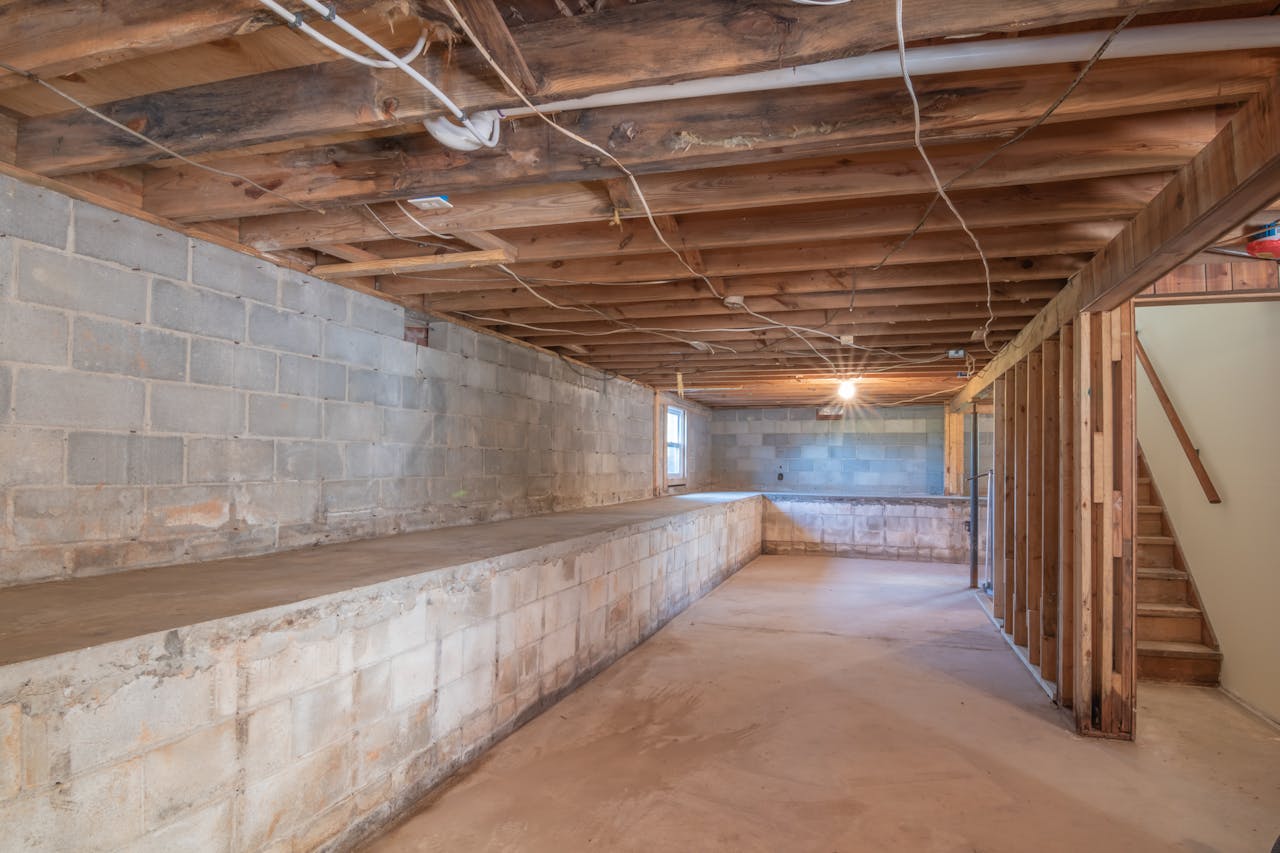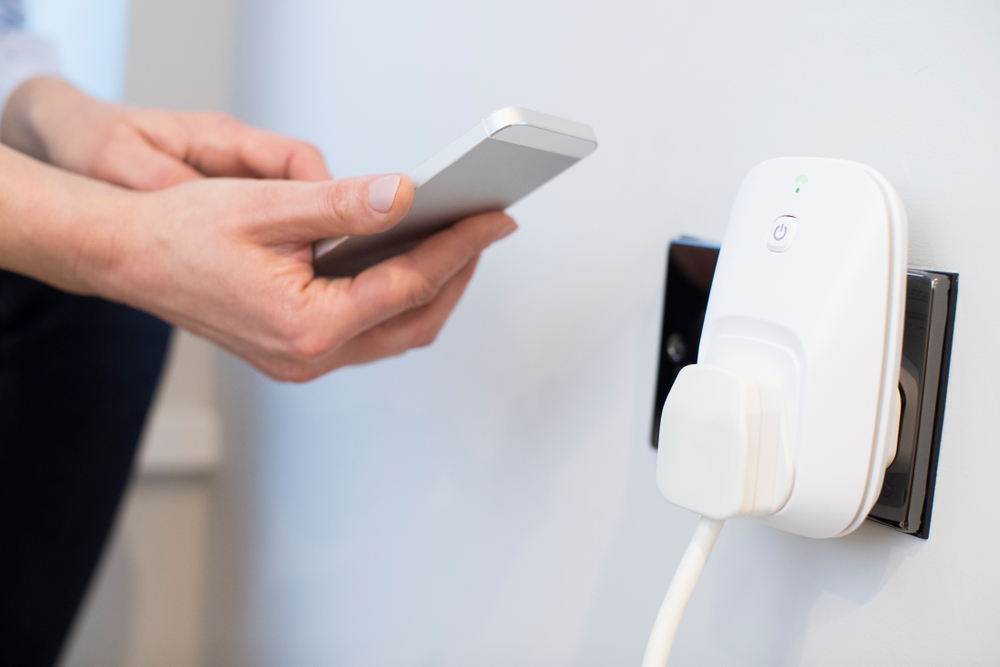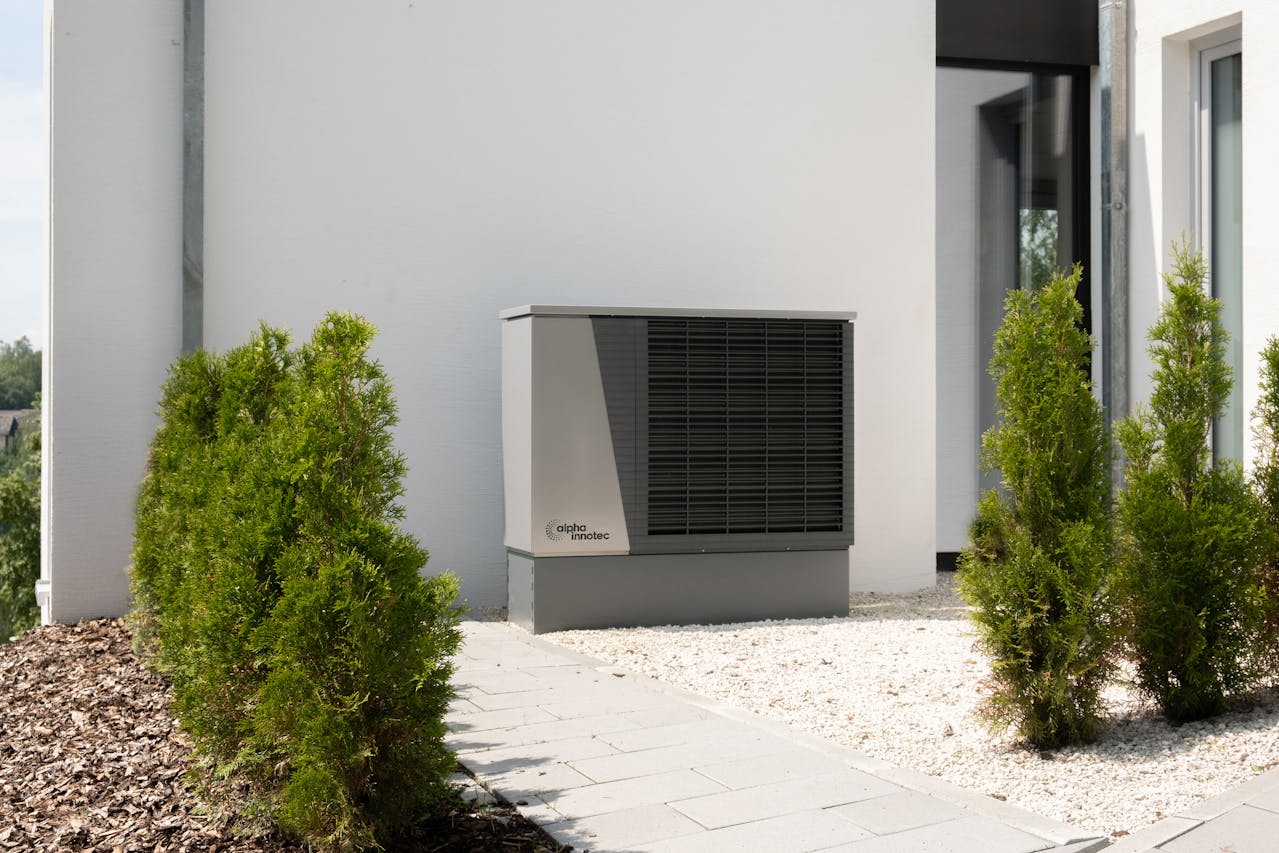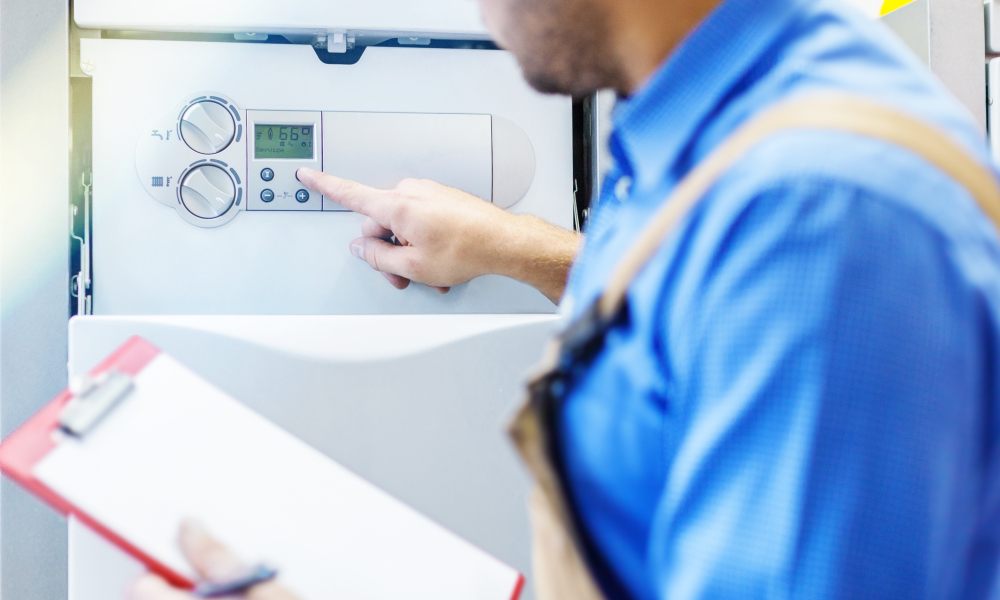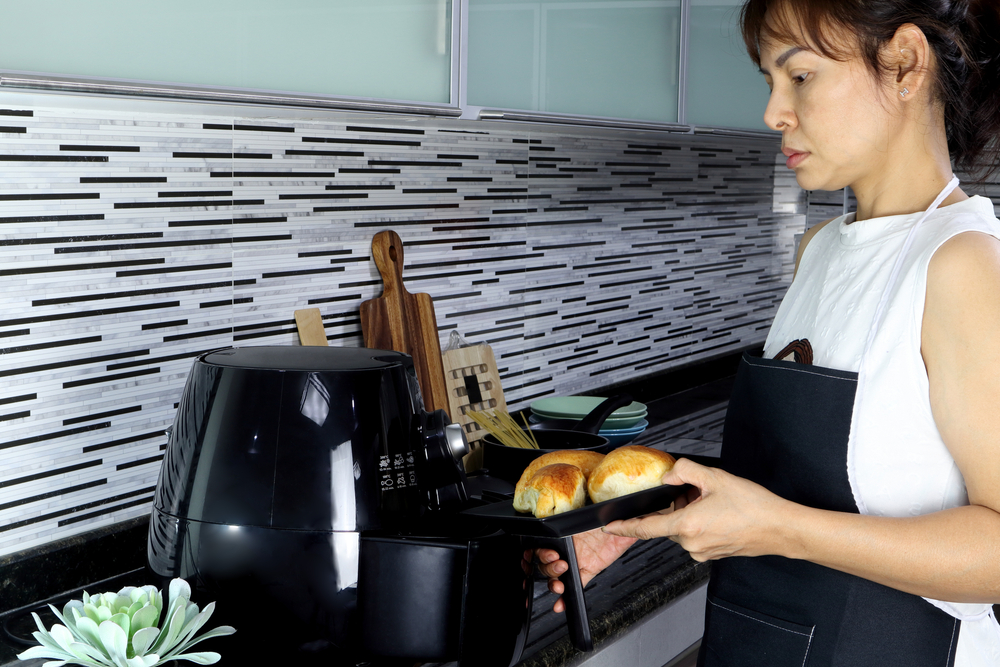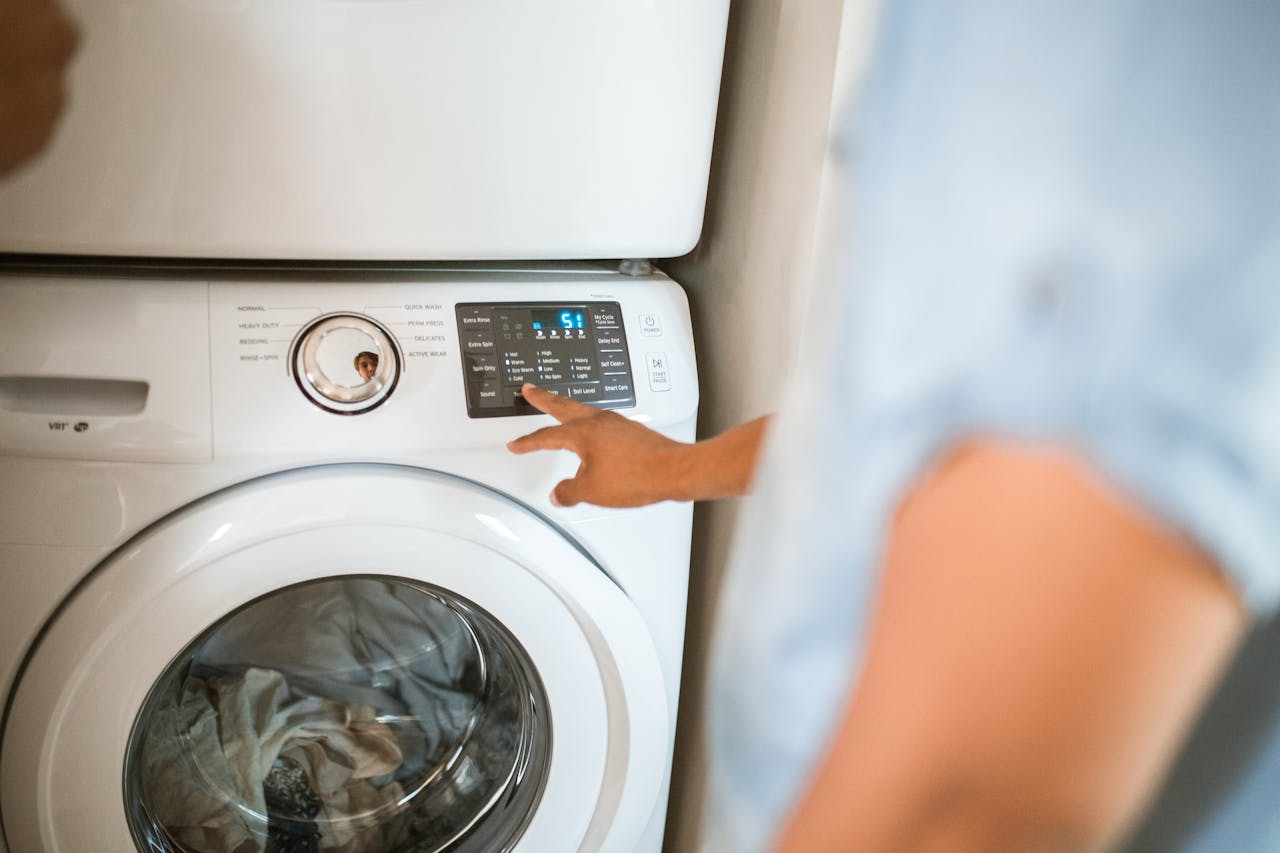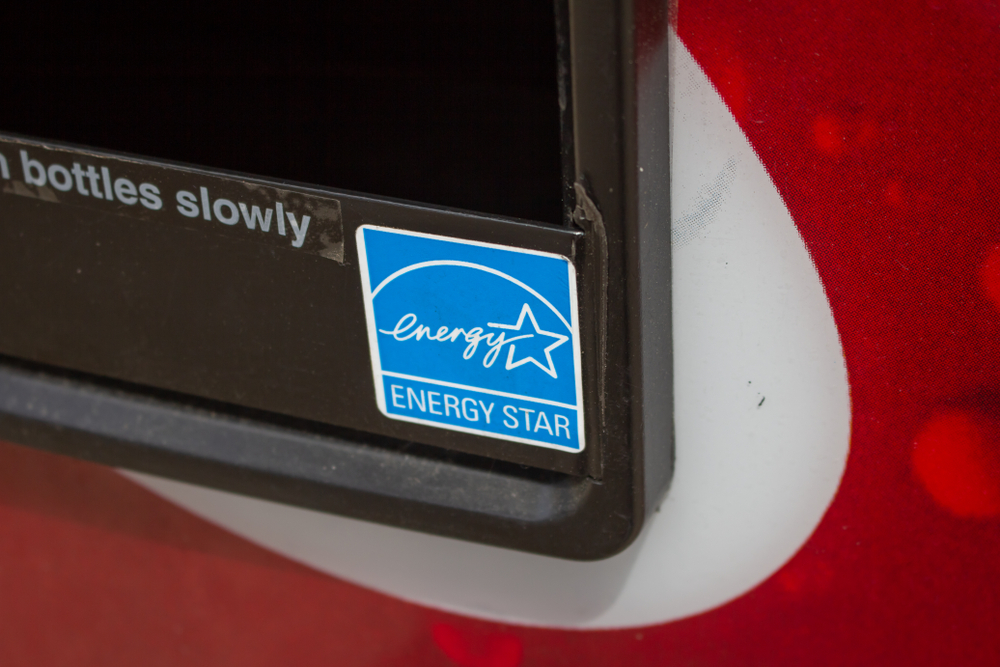Genius Ways To Save On Your Utility Bills In 2025
Utility companies are looking ahead to 2025 with glee, particularly if they've found a way to increase your power rates by 2% or more. Did you know that in 2023, regulators across the United States authorized 58% of the net rate increases requested by the S&P Index that sets utility pricing based on the markets? Power bills are going up everywhere—so here are some easy ways to save on your utility bills in 2025.
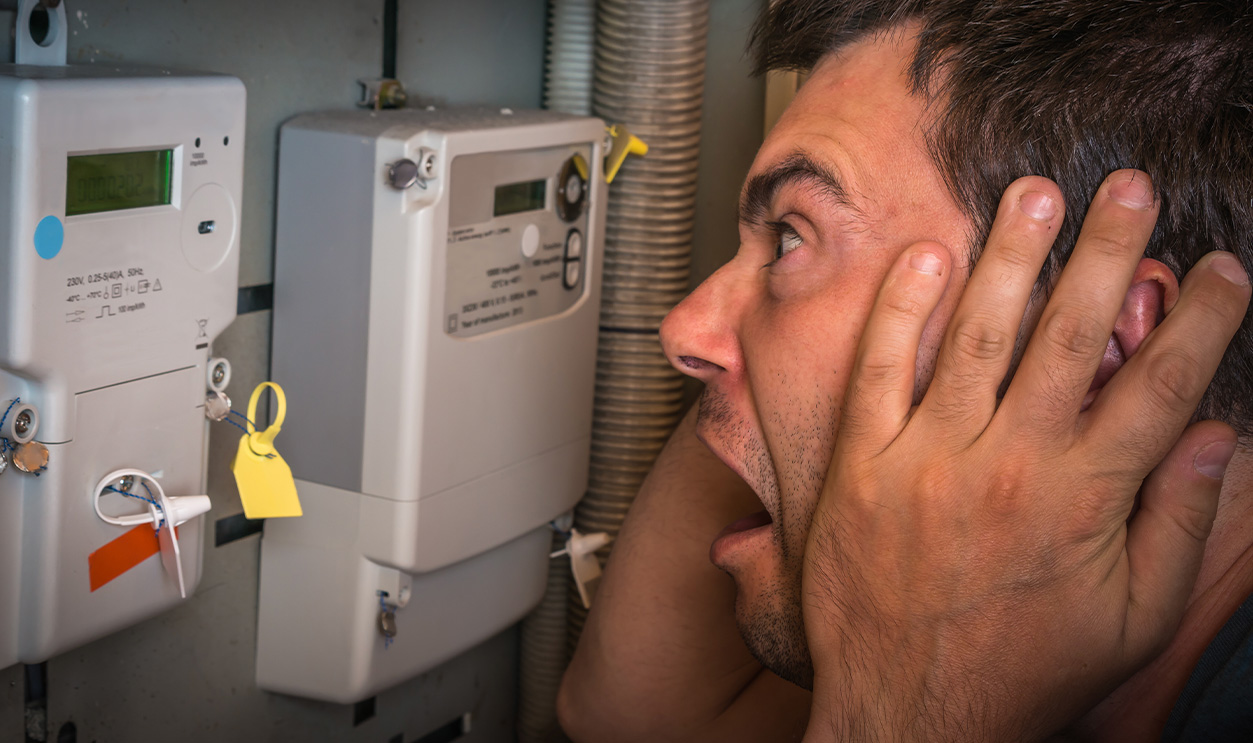
Unplug Your Appliances When Not In Use
Did you know that even if you're not using your electrical systems, they're still drawing power? This is called phantom power and will add a few extra dollars to your utility bills over time. While it's not a huge amount, it all adds up.
Upgrade Your Appliances If Possible
If you're noticing that your old fridge or freezer is drawing a lot of energy on every single utility bill in 2024, it may be time to upgrade to a more energy-efficient model. Upgrades can save you between 20 and 50 percent monthly.
 Hryshchyshen Serhii, Shutterstock
Hryshchyshen Serhii, Shutterstock
Encourage Your Family To Adopt Energy-Saving Practices
"Will you turn that light off!?" My father's voice rings in my ears on this one. But it's certainly worth educating your children on the importance of turning lights off when they're done in a certain room, not leaving doors open when the heating system is running to keep heat in, rather than "paying to heat the outside." Even adopting simple practices can translate to big savings in the long run.
Shop Around For Energy Providers
If there's more than one power company in your city or town, it doesn't hurt to shop around for energy providers and see if any of them could provide you with a better rate.
Look At Your Peak Times
One of the best ways to examine how you could save money is to check out what your peak rate times are. That is, the times in which the utility company charges more, because there's more demand. If you can, try and use your heaviest-duty appliances during the off-peak hours to reduce your overall costs.
Take Advantage Of Free Audits
If you've never had an energy audit done on your home, many power utilities are offering them for free. Take advantage of this assessment of where your home's energy inefficiencies lie, and use their recommendations to save even more money.
Conduct A Utility Bill Audit
You may need to consult with a professional on this, but if you've been noticing a huge increase in your utility bills over a long period—but your energy usage hasn't increased dramatically—you could be in-line for reimbursement due to system errors, human errors, or other discrepancies. It's worth doing since even if it costs you a little bit, you could be getting a lot back.
Take Advantage Of Government Energy Efficiency Programs
Your local, state and federal government may offer programs to help with the cost of installing energy efficient systems in your home, like heat pumps. These programs can greatly reduce the cost of purchasing energy-efficient heating, cooling, and water systems.
Replace An Old Water Heater
If you've bought an older home that came with a hot water heater, it's possible that heating your hot water for showers, bathing and even doing the dishes is costing you more than it should. Consider replacing any hot water heater that is 20 or more years old for a newer, more efficient one.
Install A Low-Flow Showerhead
Water bills are also on the rise throughout the United States. One way to save on the most prominent use of water in the home (the shower), is to install a low-flow showerhead that reduces the amount of water that's used while taking a shower. Most shower heads that aren't low-flow can cost you up to 30% more on your water bills.
Install A Low-Flow Toilet
Similarly, installing a low-flow toilet is an excellent way to save money. These low-flow systems use 4.8 liters of water or less and can save you up to 20% annually on your water bill.
Check To See If You Can Receive Equalized Billing
Depending on your credit history and payment history, you may be able to qualify for equalized billing. This is when the power company takes an average of your utility bills for a year and equalizes them to a single amount that you'll pay monthly. You'll need some payment history, so this won't be an option if you're just starting out, but may be in a couple of years. It's a great way to budget your bills, so you know exactly what you're paying every month.
Check Out Alternative Heating Methods
Whilst electric heat pumps are still incredibly popular, there are some alternative heating methods you should consider: things like liquefied natural gas. These can result in lower costs, but it's worth talking to an energy-efficiency pro before making the switch.
Explore Solar Power
Solar panels can be a fantastic option to provide either a complete power setup, or offer an alternative energy source to your electrical grid connection. While installation can be expensive, on average, Americans save between $14,000 and $27,000 over the lifetime of a solar panel.
Explore Solar Batteries To Harness Your Gathered Power
Check the laws where you live, as you may not be legally permitted to do this. But, in some areas, you can use solar battery banks to divert excess power from your solar panels that's not being used in your home to a solar battery bank. You could then use this stored power whenever there's a power outage, or during peak times to offset your energy costs, effectively bringing you down to net zero.
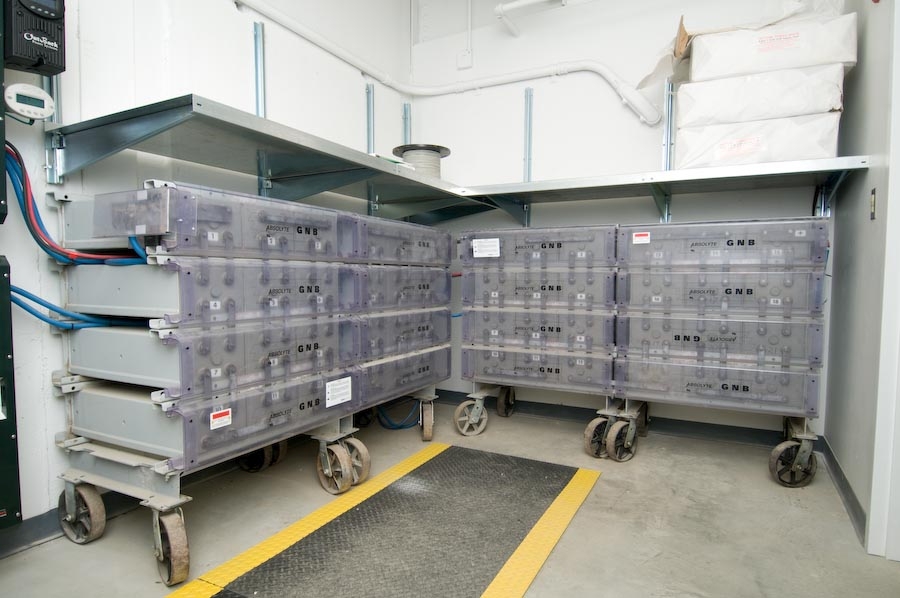 National Parks Gallery, Picryl
National Parks Gallery, Picryl
If You Have A Small Business, Hire An Energy Broker
If you can afford it, hire an energy broker to watch the market for you and help you lock-in favorable electricity rates for your small business.
Use Technology To Monitor Your Usage
Pick up a home energy monitor. These relatively inexpensive devices can help you track where your energy is being used the most. This will allow you to make adjustments to your usage to save money. Whether that's unplugging certain high-yield devices that are drawing phantom power, or not leaving the front porch light on every night.
See If You Can Negotiate For A Better Rate
If you live in a deregulated energy market, there's every possibility that you could negotiate for a better utility rate from your energy provider. This could be especially beneficial if you have solar panels that are producing an excess of energy. For example, in Australia, the utility companies will pay you for excess power generated that goes back into the grid.
Take A Good Look At Your Utility Bills
Most people just pay their utility bills without a second thought—one has to pay the piper and all that. And while that's certainly true, it's worth dissecting your energy bills for errors that you can dispute charges for. Understanding your energy bills is key to saving money on them.
If Using LNG, Shop Around
Global events have significantly impacted prices of liquefied natural gas. Now is an excellent time to shop around for a different LNG provider with cheaper rates if you're using natural gas to heat your home in any capacity.
Install Smart Meters In Your Home
Smart meters allow you to monitor the energy usage in your home in real-time. This information can easily be accessed through an app or the Internet and can provide you with a snapshot of your usage at any given moment, instead of just a big bill at the end of the month.
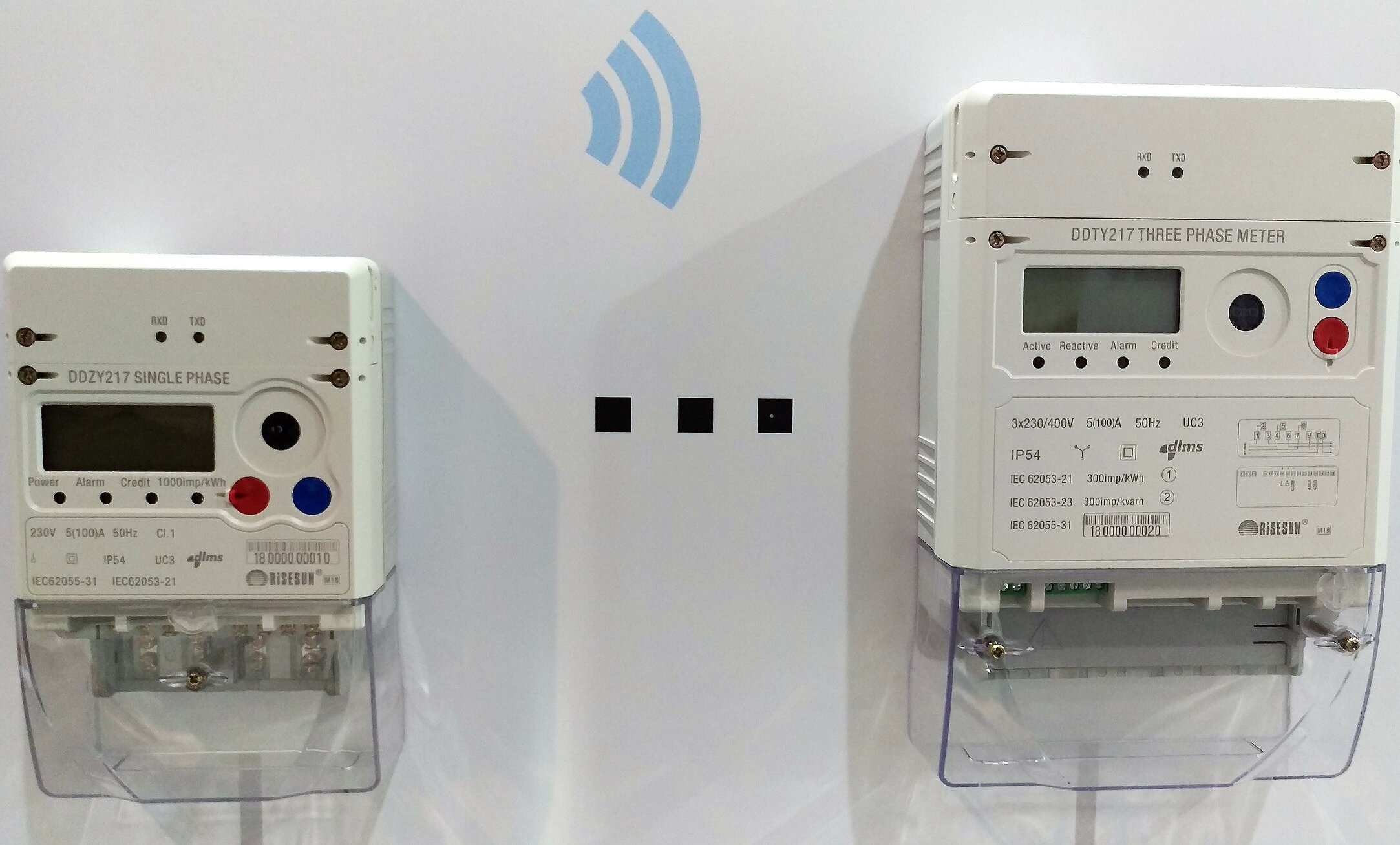 Mirko Tobias Schäfer, CC BY 2.0, Wikimedia Commons
Mirko Tobias Schäfer, CC BY 2.0, Wikimedia Commons
Track Peak Hours Vs Off-Hours
Using energy consumption applications, you can track when your peak usage hours are—and when your off-hours are. This will give you a kilowatt-hour number during different periods to see if there's anything iffy about your usage during off-peak hours. This information can help you make micro-adjustments to reduce your bills.
Inspect HVAC Systems Regularly
If you're noticing that your HVAC system is producing a huge amount of energy and it's reflected on your bill, it may be worth inspecting the HVAC system for breaks, leaks, or other problems that can cause it to run too hard or for too long.
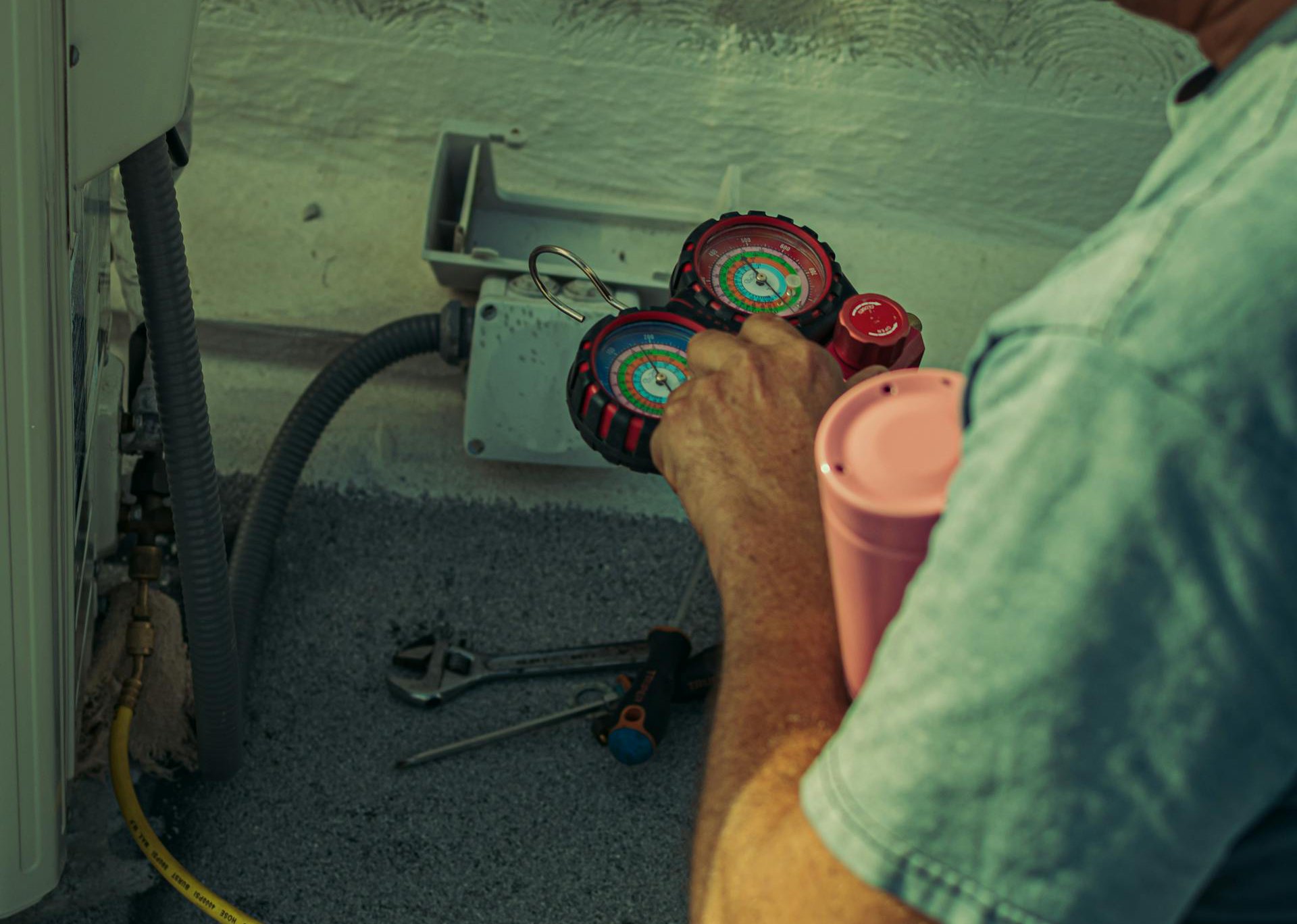 José Andrés Pacheco Cortes, Pexels
José Andrés Pacheco Cortes, Pexels
Replace Old Lights
While you might not think of light bulbs as being much of a power draw, if you're still using older-style incandescent light bulbs versus the far more energy-efficient LEDs, then it's time to replace those old-style ones with LEDs.
Look To Improve Insulation
If you're living in an older home (say, 20 years old), chances are its insulation is pretty poor. Even if you don't have to deal with freezing cold winter temperatures, you're still losing money by having a poorly insulated house. Check with EnergyStar to see what your optimal R-value is for insulation, depending on where it's going.
Ensure All Insulation Is R-13 To R-23
We'll give you a head-start on this: All exterior wall insulation in the United States is generally recommended to have an R-value (that is, an insulation value) of between R-13 and R-23 to maximize warming, cooling, and energy efficiency within the home.
Seal The Cracks
If you've noticed some cracks in the sealant around doors, windows or even in your ceilings—depending on what your home is made out of—you could be spending up to 30% more annually due to these small cracks. You'll need to spend a bit of money to get them fixed up, but will almost immediately see an energy return.
Repoint Your Stone Foundation
If you live in a much older home that has a stone basement that hasn't been repointed in 50 years, you may be losing an enormous amount of heat throughout the stone foundation, particularly if the cement in between the stones is starting to decay. Repointing a stone foundation can be expensive, but you'll regain that cost in energy savings, and in warmth, if you use your basement regularly.
Install A Smart Thermostat
Smart thermostats are becoming all the rage in home energy savings. These programmable thermostats allow you to preset temperatures or allow the computer to automatically set your home's thermostats to whatever is most energy efficient. You can program them to align with your home's routine (turning heat off, on or reducing it when you're not home). Savings could be as high as $180 per year.
Air-Dry Your Laundry
Running a washing machine is expensive, but a necessity, but running a dryer is a huge expense. If you can, set up a clothes rack in front of your heat pump, fireplace, or other primary heat source and let the clothes air dry.
Invest In Smart Plugs
Smart plugs will automatically turn off any device that's plugged into them after a certain period of time. You're able to set these plugs to do this remotely via an app, or set specific times that you know you'll be out of the house, so things can be turned off and not draw phantom power.
Keep That Heat Pump Running
While it may sound counterintuitive, it's important that you keep your heat pump running, generally at the same temperature, in the winter months. While you may think your home is warm enough to turn the heat pump off, it will cost much more to bring the room back up to temperature than it will to just leave it running. It's designed to regulate itself, so there's no need to turn it off and back on again.
Update Your Windows
No, not your computer's operating system. If the windows in your home are old, they may only be single-pane, or at the very least, an older, less efficient double-pane window. Consider updating your home's window to a thicker, double-pane style to increase the amount of energy that they help keep inside your home.
Open Your Curtains
The use of natural light and the warmth of the sun, depending on where your windows are in the home, may well provide more than enough light during the day that you don't even need to use your lights for the majority of your day. This can also help reduce energy costs.
Reduce Water Heater Temperature
It's worth seeing what your current water heater temperature is set at, particularly if you're noticing that the water coming from your taps is scalding hot. Reduce this by a few degrees and you may see a few dollars of savings on your utility bills, as it'll take less energy to heat your water to a lower temperature.
Use Countertop Appliances
Unless you're roasting a turkey, you've almost no need for a huge oven. Particularly when there are countertop convection ovens that are relatively inexpensive. If you buy a few countertop appliances (like an air fryer and convection oven), you'll almost never need to turn on your big energy-guzzling oven, except for Christmas dinners or when baking cakes or bread.
Wash Clothes In Cold Water
Unless you absolutely have to wash your clothes in hot water, you should be washing your clothes in cold water only. Hot water is responsible for 25% of the average home energy bill. By using only cold water to wash your clothes, you're probably saving a huge amount of that percentage.
Adjust Your TV Brightness Levels
Most of your home televisions these days have an automatic brightness sensor built-in that allows them to adjust automatically to the room's ambient lighting. If your TV does have this, but you haven't been using it, you may have been over-powering your eyes and television. Use the automatic brightness that's built-in to incur some savings.
Don't Stream Through Video Game Consoles
Most modern televisions are either sold with inexpensive streaming boxes like Roku TV, or you can purchase a casting device like a Chromecast that will allow you to stream through your Internet connection. Avoid streaming through your PlayStation or XBOX console, as this can use up to 30% more energy, as streaming functions take a lot out of your game console's CPU.
EnergyStar All The Way
One of the best indicators of energy efficiency is an EnergyStar rating. This is provided by the Environmental Protection Agency to companies who's products meet a certain energy-efficiency threshold. Check to see if an EnergyStar rating appears on products you buy, as these are the most energy-efficient.

